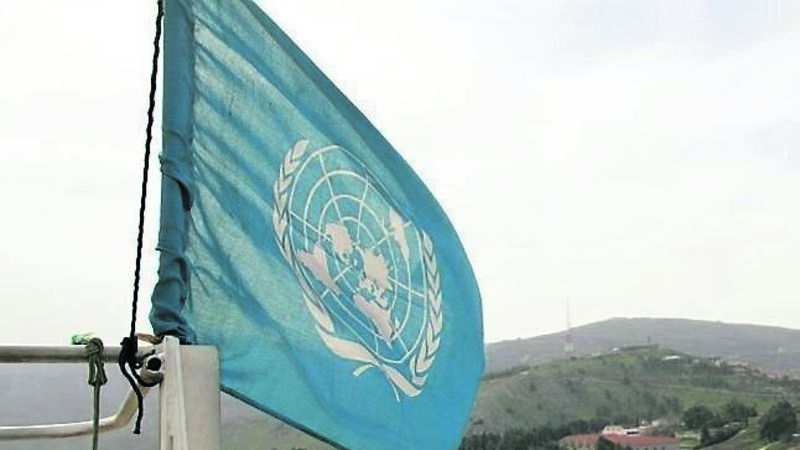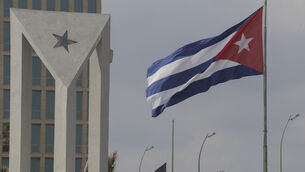Irish Examiner view: United Nations a long way from what is required

As world leaders gather in New York this week for the UN General Assembly, they will undoubtedly reflect on the successes of an organisation which has — over the course of its history — so far managed to keep us from obliterating ourselves and the planet upon which we live.
The UN emerged 80 years ago this year from the ashes of the Second World War. It was born out of a bright gleaming ideology that envisaged a world at peace with itself but burdened by the reality that humankind is incumbered by one intrinsic truth: We are incapable of living in peace with ourselves or our neighbours.
As world leaders gather in New York this week for the UN General Assembly, they will undoubtedly reflect on the successes of an organisation which has — over the course of its history — so far managed to keep us from obliterating ourselves and the planet upon which we live.
















